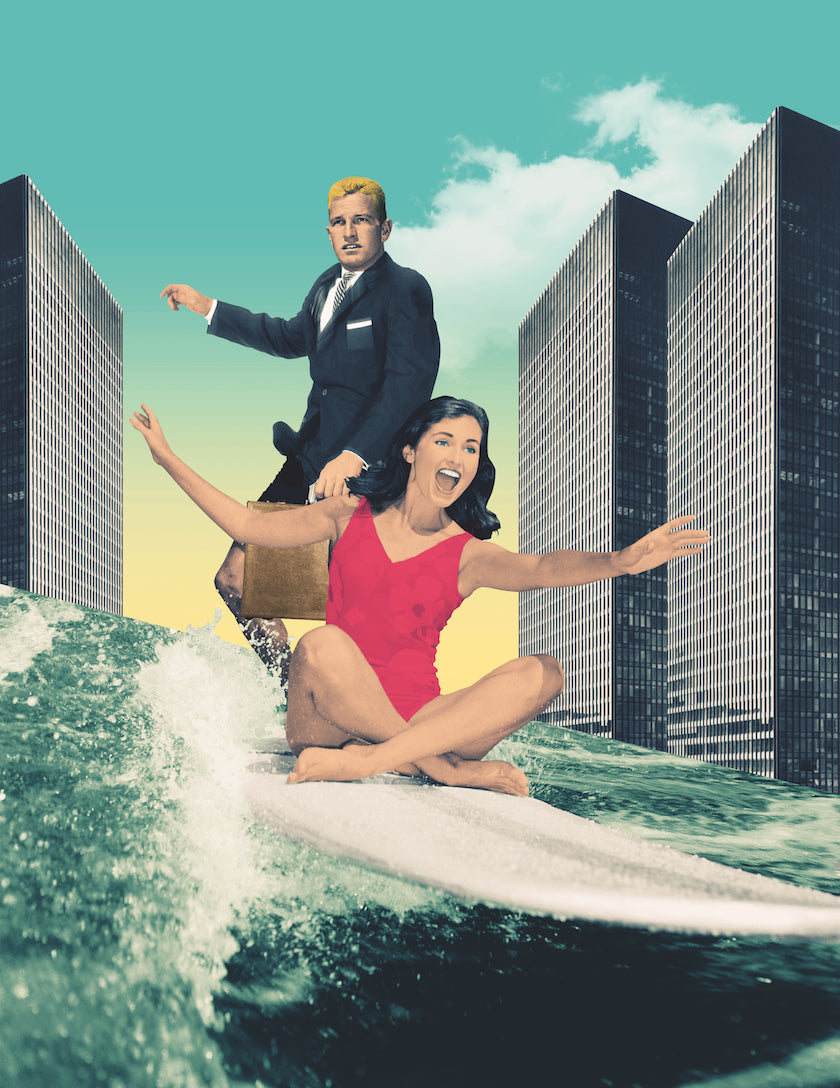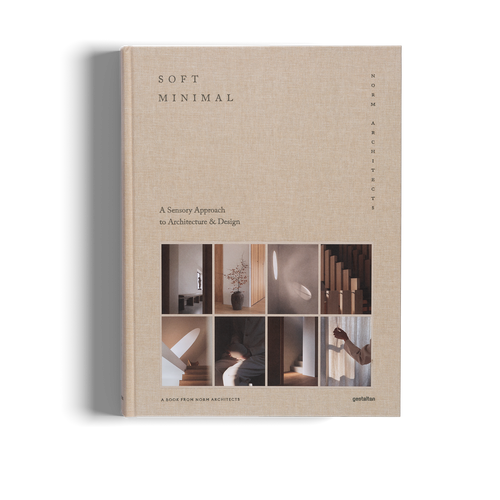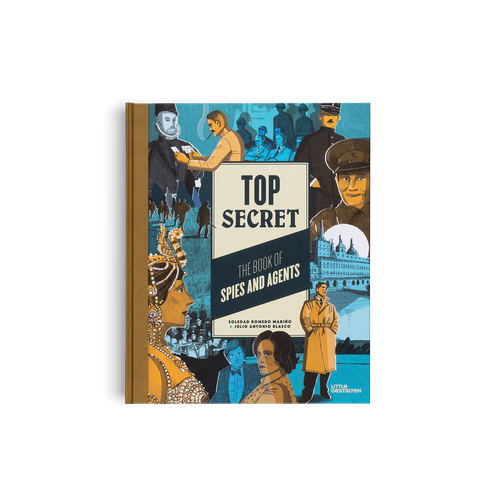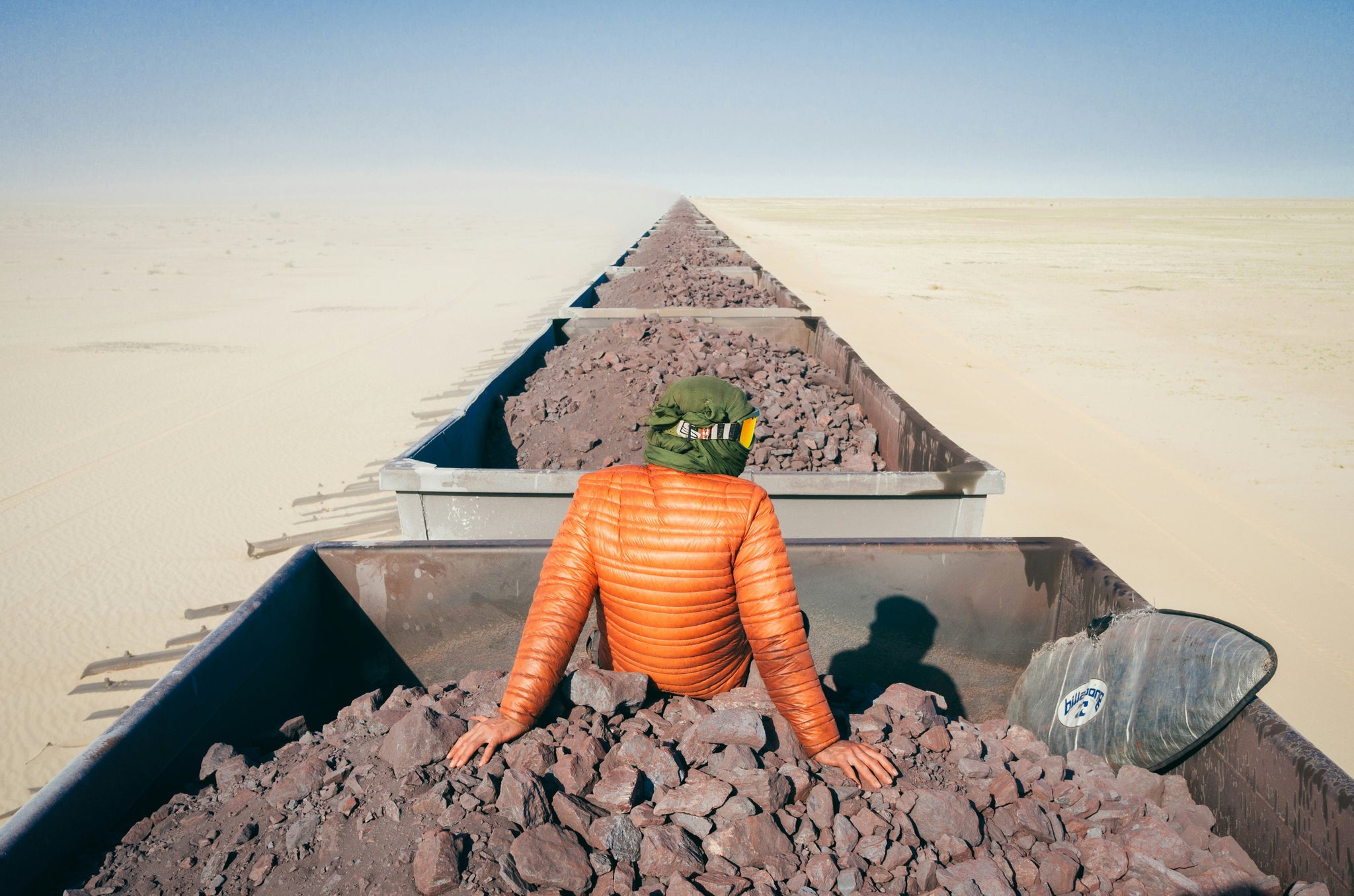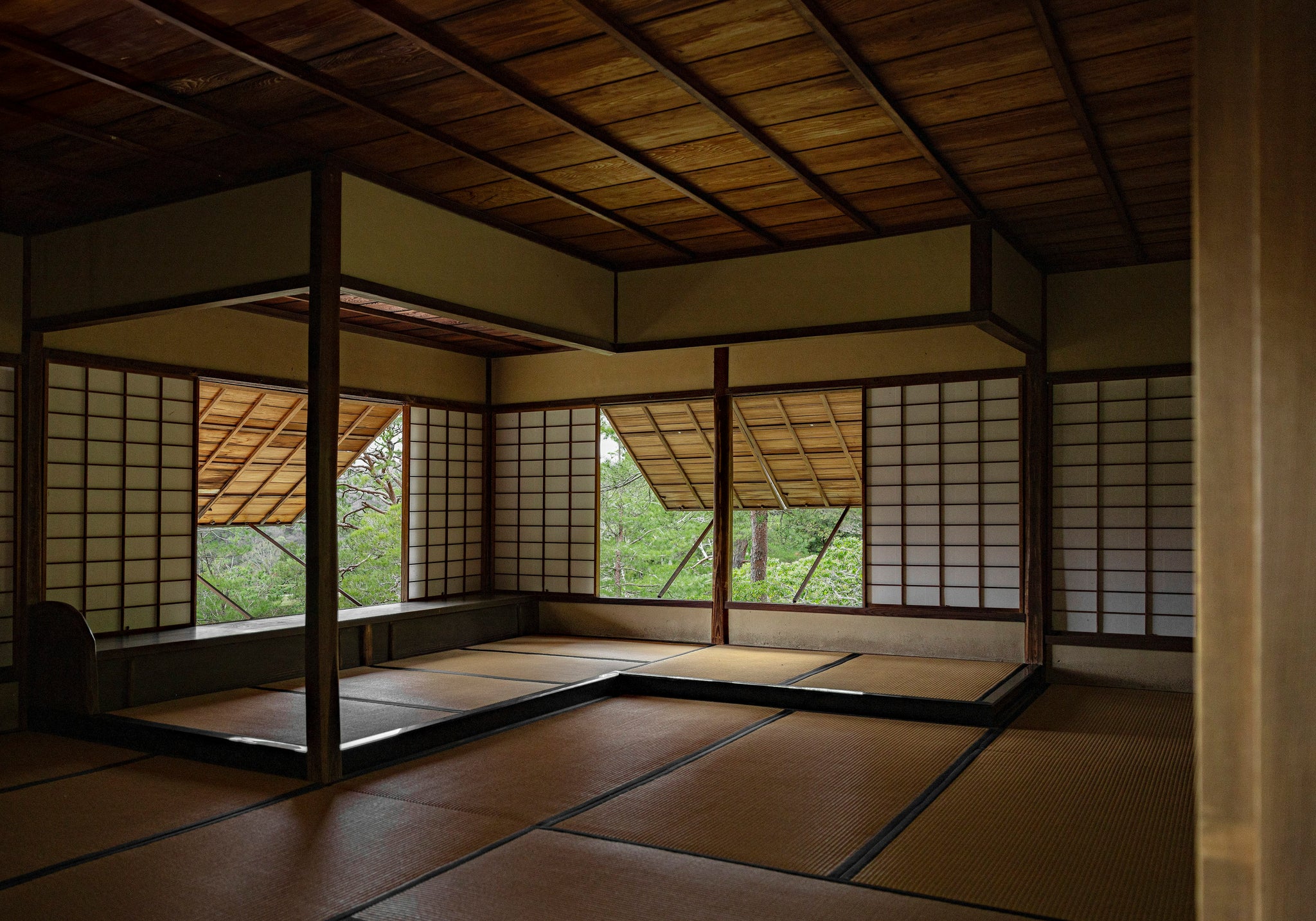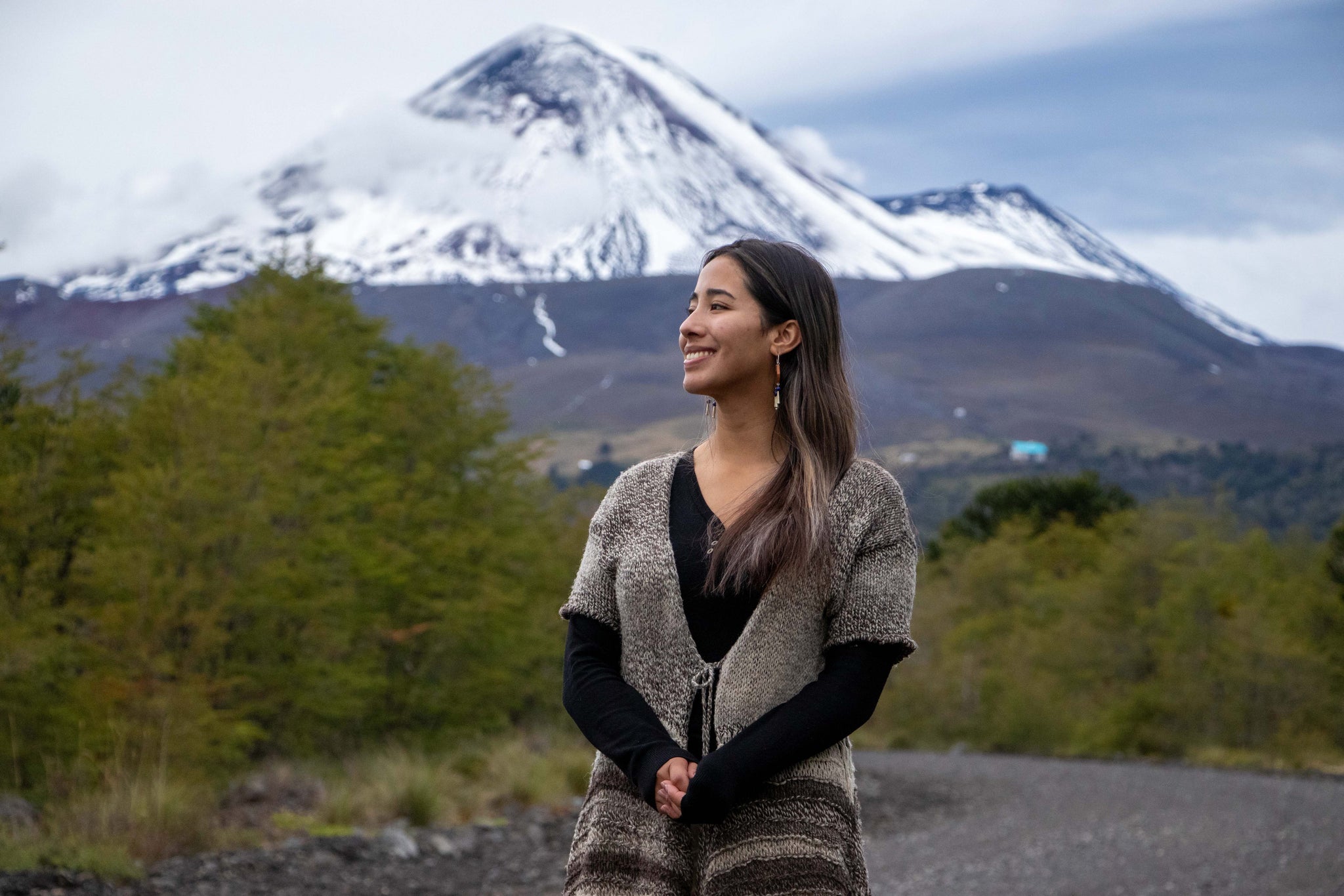Julien Pacaud is a French artist and illustrator who lives and works in Paris. As his main body of work is a collection of digital collages that bend time and juxtapose outdated technology with visions of the future, it should come as no surprise that Pacaud is obsessed with the idea of time travel. His vivid and imaginative illustrations have been shown in numerous galleries, and brands around the world have sought out his talent for advertisements, news stories, and editorials.
Pacaud is one of many young illustrators featured in our recent release Illusive. Browse the book in our online shop and read our interview with Pacaud below.
How did you decide to become an artist?
It happened without premeditation. I was interested in cinema, but finally discovered that computers were the perfect tool for me to express my creativity by making still images—maybe because of the solitary aspect of working on a computer, as well as the spontaneity that using technology allows.
Your work seems to take place in a myriad of time periods completely distanced from today. To which eras do you find that you are most drawn?
I'm very attracted to the aesthetics of past eras, especially the span between the twenties and the sixties. But I'm also drawn to the future—how we can imagine the future—and I enjoy a lot sci-fi stories.
Would you rather revisit the past or see into the future?
If I had to choose, I would travel forward in time rather than backwards.
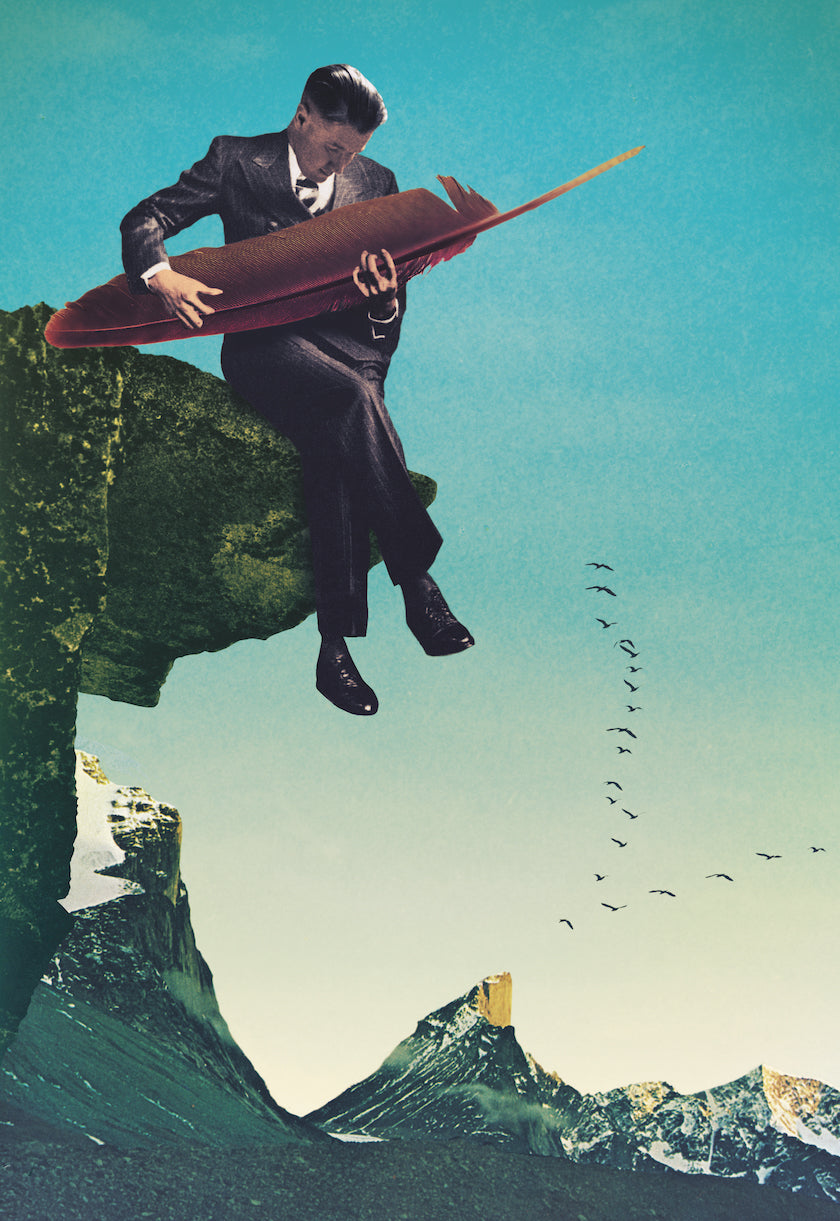
What themes and elements do you find yourself most excited by when creating your personal work?
I don't really work in terms of themes. I rely a lot on instinct, and I think that what drives my creation is my subconscious—the ways I express myself come rather randomly. I also don't feel the need to explain my artworks, and am happy for anyone who interprets my work however they want—even if I created the piece with a specific idea in mind.
Where do you find your images? Do you have a stockpile of cut-outs waiting to be used or do you find the images that you want based on a preconceived idea?
I work digitally and scan a lot of photos in old magazines or find them on the web. Over the years, I've built a rather large bank of images from which I can pick out individual elements.

You play with the relationship between humans and their environment in a strikingly surreal way by reimagining women in business clothing as giants in a field or presented suited city dwellers surfing down the streets. What inspires these juxtapositions?
To find an image interesting, I think that I always need some kind of clash to intervene graphically and/or emotionally in my images. Playing with different and weird scales of elements in an image is a way to make these clashes happen. I guess that it is also a way to give these characters a kind of mythologic or metaphysical nature.
You incorporate a lot of geometric interventions and structures into your illustrations. What kind of symbolism or cultural references do you hope to imply through these?
I’m not entirely sure about it, but I think that these perfect geometric shapes must symbolize my inner need to organize chaos. I see my work like that: organizing the chaos. I always prefer natural landscapes that incorporate geometric man-made structures rather than this landscape alone. Again clashes, collisions, contrasts; nature versus architecture.
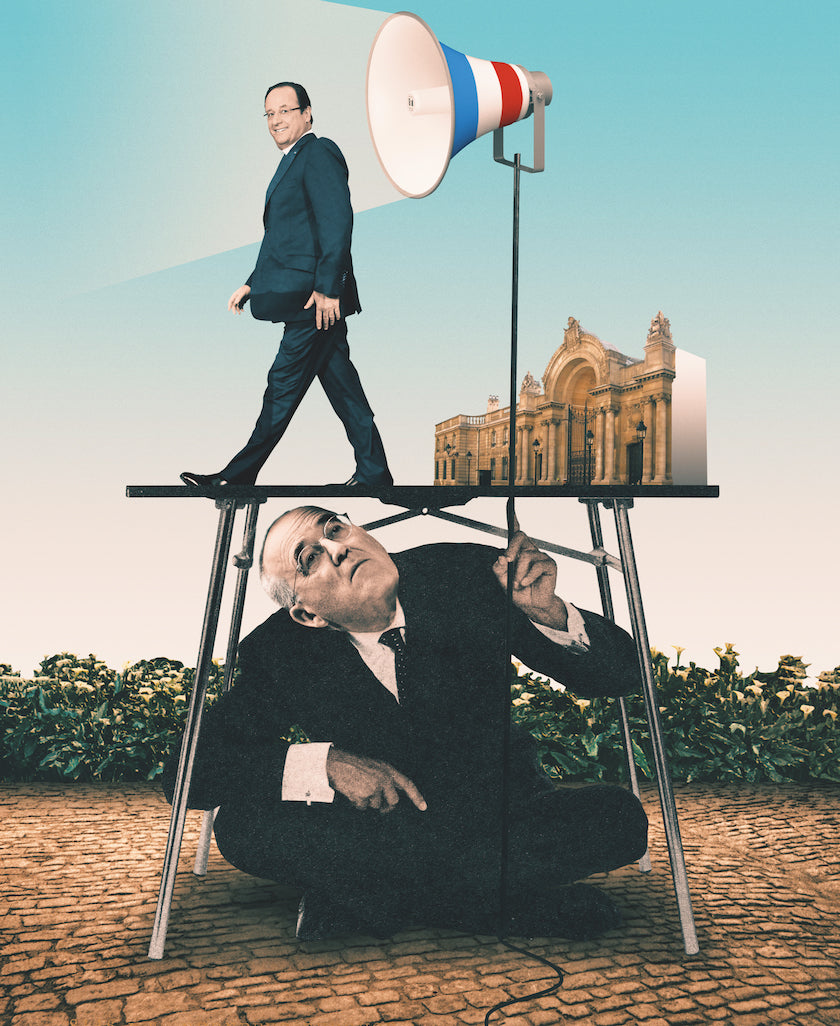
Which artists do you admire, and who has influenced your work?
I always find it difficult to list names. I was very impressed by the cover of Pink Floyd's album "Wish You Were Here", which was designed by Storm Thorgerson. It was one of the first images that I saw when I was a child.
In a perfect world, who would you be the most enthused to collaborate with?
I have no idea. Collaborations are a bit mysterious to me as I believe that artworks are necessarily the expression of one specific mind.

You are quite prolific in making both commissioned work and personal work. What differences do you find in your approach to personal work when compared to your commissioned work?
My personal projects are the ones on which I really enjoy working because I like the freedom that comes with allowing my mind to wander. I don't have a specific message to convey—just my deep inner instinct to explore. Working on commissioned illustrations is more painful for me because I often have to make compromises. For my personal work, I never know where i'm going when I start a piece. For illustration, I have to have some kind of idea before starting.
